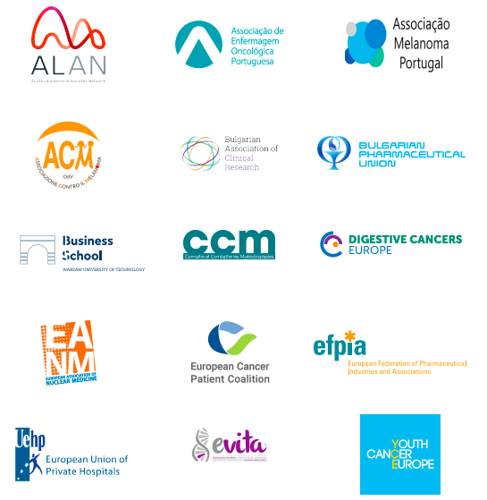A once-in-a-generation opportunity to optimise regulatory timelines to improve time to patient access
The journey of new medicines from the laboratory to patients is long and winding. After years of clinical research and development, new medicines must receive marketing authorisation followed by reimbursement discussions before patients can benefit from them.
The 2020 Every Day Counts report focused on understanding the causes of delays in patient access to new oncology treatments. This follow-up report “Every Day Counts: Improving Regulatory Timelines to Optimise Patient Access to Innovative Oncology Therapies in Europe” concentrates on the final stage of marketing authorisation: the administrative process between the final opinion of the Committee for Medicinal Products for Human Use (CHMP) and the final decision of the European Commission. The publication was commissioned to Vintura by the EFPIA Oncology Platform and developed with 35 organisations, including regulators, HTA bodies, healthcare professional associations, patient organisations, policy makers, academics, payers, and pharmaceutical companies.
With a maximum official duration of 67 days (and a range of 33-198 days in practice), this administrative process represents only a small part of a medicine’s journey, but nevertheless an important opportunity for improvement. During the COVID-19 pandemic, it was expedited to less than one day for COVID-19-related vaccines. This suggests it is possible to shorten timelines for other approvals significantly, without affecting the quality and rigor of scientific review.
The current timelines come at a cost. An illustrative analysis of 11 recently authorised oncology treatments shows that the regulatory steps between CHMP opinion and EC decision together accounted for 18,600 years of potential life lost, although the full extent of life years lost is far greater when considering all oncology indications. In addition, optimisation is necessary to increase efficiency and future-proof the system, which is currently overburdened as a result of challenges such as Brexit, COVID-19, and the rising number of new medicine assessments.
There is also momentum for change, as the EC is currently considering changes to pharmaceutical legislation as part of the EU pharmaceutical strategy. Even if only small improvements are made, they could have a significant impact on patients.
Three potential solutions to optimise regulatory timelines
Several strategic options and concrete solutions were considered to improve the process between CHMP opinion and EC decision. When considering the impact and feasibility of solutions, the following potential solutions were prioritised, noting that these could be used in combination:
- Conduct the decision-making phase in parallel to the linguistic phase, thereby allowing Marketing Authorisation to be granted 12 days earlier
- Increase the use of digital tools during the linguistic phase, which could shorten this phase by 10 days
- Provide an opportunity to shorten the written procedure in cases where Member States foresee no objections, thereby shortening the decision-making phase by 15 days
Greater digitalisation and an increase in the number of human resources should be considered to reduce the workload pressure associated with today’s process, and may further reduce timelines.
Lastly, important gains can be made by applying a holistic approach to the overall journey to patient access. Improving the transparency and predictability of the status of individual medicines in the process between the final CHMP opinion and the EC decision would allow for better planning of the subsequent pricing and reimbursement discussions. Further optimisation could be achieved by starting national HTA processes directly following a positive CHMP opinion. This is possible as EC decisions have completely aligned with CHMP opinions in the last 10 years. Starting the HTA process earlier would therefore be a pragmatic way to avoid more than 60 days of delay to patient access.
Combining these solutions has the potential to save thousands of years of potential life across the EU, especially since these solutions are not limited to oncology therapies. Together, let’s make use of the once-in-a-generation opportunity of the review of Pharmaceutical Legislation. Because for patients, Every Day Counts.
